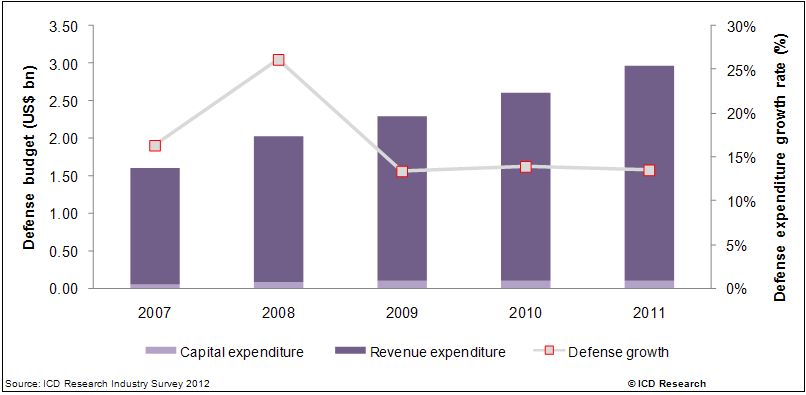WASHINGTON — Emphasizing the critical role the reserve components play in U.S. national defense, the senior Pentagon reserve affairs official emphasized to Congress today the importance of adequately funding the force and providing predictability about deployments.
“As we reinforce policies, implement strategies and continue to call on our reserve components, we must remember that ‘judicious use’ is still the watchword,” Dennis M. McCarthy, assistant secretary of defense for reserve affairs, said in his prepared statement to the Senate Armed Service Committee’s personnel subcommittee. McCarthy was joined by the six reserve component chiefs at his first hearing before the panel since his confirmation in June.
He told the panel he’s committed to implementing policies Defense Secretary Robert M. Gates has approved to ensure proper use of the Guard and Reserve, reducing the operational burden on them and ensuring adequate notice about call-ups. These changes, recommended by the Commission on the National Guard and Reserves, ultimately will help to increase the strategic capacity of the total force, he said.
Defense Department officials have written mobilization policies that institutionalize “judicious use” as the core principle of reserve-component participation, McCarthy told the panel. These policies also provide the foundation for predictability within the operational reserve about upcoming deployments, he said. McCarthy also expressed support for the so-called “continuum of service” concept that enables servicemembers to transfer between components – active, Guard, Reserve or civilian — during their military careers.
“The COS program provides greater flexibility and predictability for retaining valuable skills over a lifetime of service to the nation,” he said. “In the future, [the Defense Department] will seek necessary legislative changes to assist in duty status reform.” McCarthy cited progress toward that goal as the department implements 53 recommendations from the Commission on the National Guard and Reserves that Secretary Gates approved in November 2008.
Among the recommendations’ high points are improvements in the oversight of equipment readiness and the transparency of reserve component procurement funding, McCarthy told the panel. He also noted the establishment of the Yellow Ribbon GI Enhancement Program that enables colleges and universities to supplement tuition expenses paid under the new Post‑9/11 GI Bill.
McCarthy also noted that the fiscal 2011 budget request provides about $50 billion for pay, training, equipment and facilities to support the reserve components, providing tremendous value.
“The funds provide about 43 percent of the total military end strength for 9 percent of the total base budget,” he said. Providing the proper funding, policies and support programs is essential to ensuring that the National Guard and Reserve are postured to remain a critical, mission-ready element of U.S. national security strategy, McCarthy said.
“Working together, we can ensure that the reserve components are trained, ready and continue to perform to the level of excellence that they have repeatedly demonstrated,” he said.
Source:
U.S. Department of Defense
Office of the Assistant Secretary of Defense (Public Affairs)

 von
von 